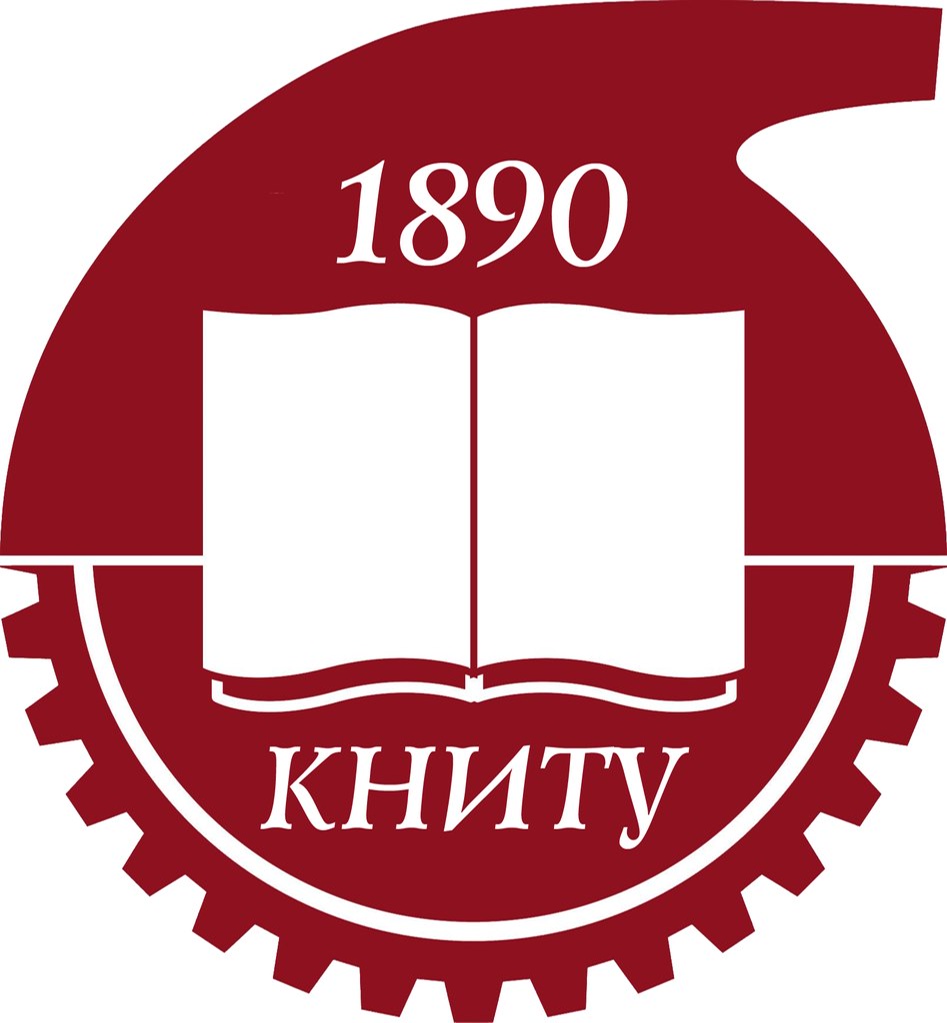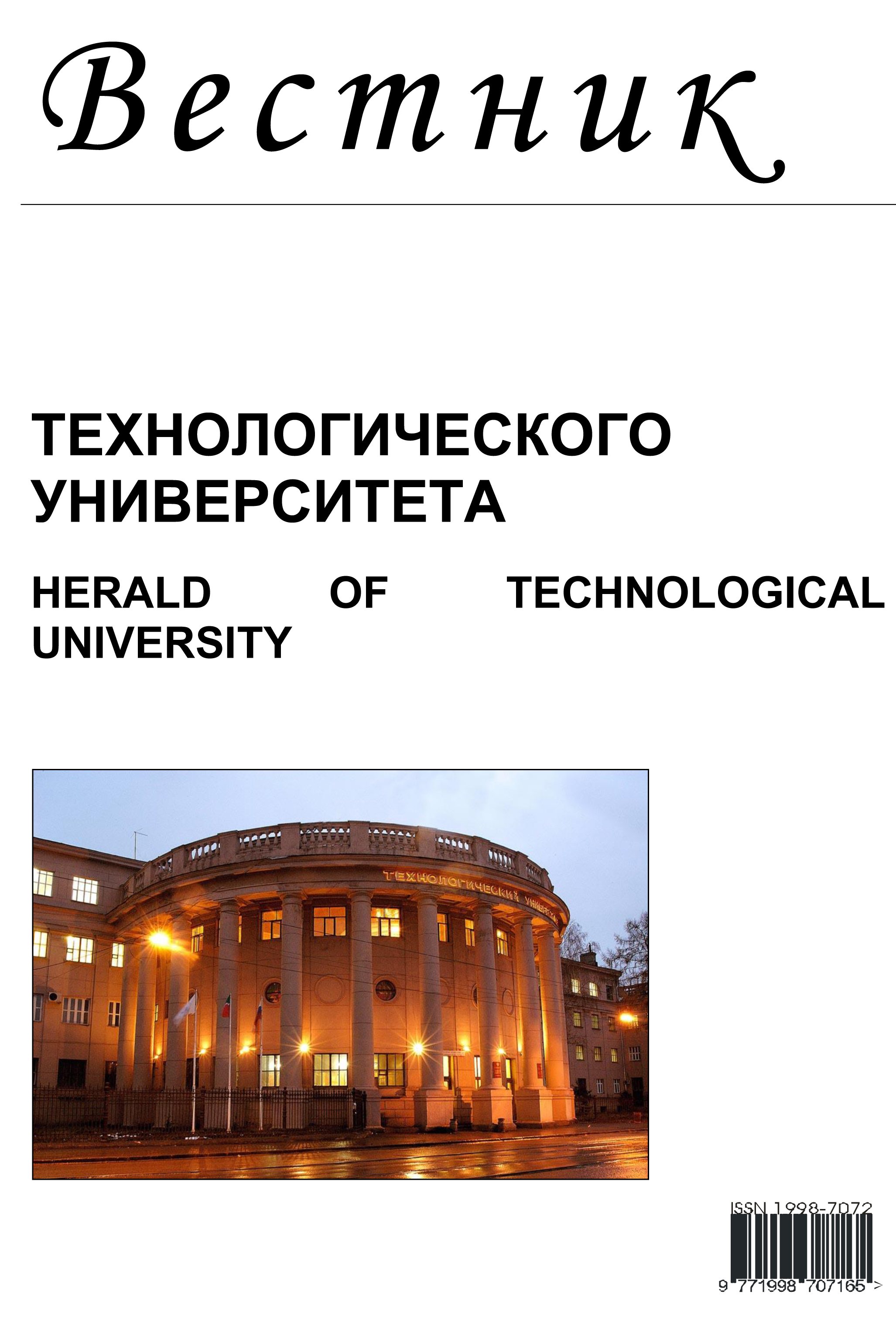Using samples of popular texts as teaching material solves several didactic problems. First of all it is the problem of student-centered training in teaching a foreign language. Appropriate non-fiction texts may be selected with the view both to the cognitive content that meet the interests of students, and to the language characteristics corresponding to their level of English. The popular science texts are supposed to provide the motivation for students at any level of proficiency. These texts present scientific topics of not only general scientific interest, but also, at the appropriate selection of text corpuses, the career interests of students.
смена парадигм, личностно-ориентированное обучение, научно-популярный текст, языковые характеристики, экспликация, клиширование, средства языкового выражения, риторические вопросы, побудительные предложения, приемы интимизации, «сниженная» лексика, субъективные оценочные конструкции, экспрессивные языковые средства, paradigm shift, student-centered training, popular science text, language characteristics, explication, using stereotyped phrases, means of linguistic expression, rhetorical questions, incentive sentences, intimization, "reduced" vocabulary, subjective evaluation constructions, expressive language means
1. Alekseev N. A. Lichnostno-orientirovannoe obuchenie v shkole - Rostov n / D: Feniks, 2006.-332 s.Aronson, E. andBridgeman, D. (1979). Jigsaw groups and the desegregated classroom: In pursuit of common goals. Personality and Social Psychology Bulletin, 5, 438-66.
2. Aronson, E. and Bridgeman, D. (1979). Jigsaw groups and the desegregated classroom: In pursuit of common goals. Personality and Social Psychology Bulletin, 5, 438-66.
3. Bulatova I.M. Vestnik Kazan.tehnol un-ta.- 2010.- № 3. - S. 407-415.
4. Ziyatdinova Yu.N., Valeeva E.E. Vestnik Kazan.tehnol. un-ta. -2011. - № 16. - 292-300.
5. Committee on Undergraduate Science Education (1997). Science Teaching Reconsidered: A Handbook. Washington, D.C.: NationalAcademyPress.
6. Leont'ev, A. A. Psihologo-pedagogicheskie osnovy obnovleniya metodiki prepodavaniya inostrannyh yazykov: Lekciya-doklad / A. A. Leont'ev. - M.: Issledovatel'skiy centr problem kachestva podgotovki specialistov, 1998. - 24 s.
7. Miftahova, N.H.Vestnik Kazan.tehnol un-ta.- 2010.- № 3. - S. 436-443.
8. Murtazina, E.M. EnglishforProfessionalCommunication: uch. posob. po discipline «Inostrannyy yazyk» dlya bakalavrov po napravleniyu 152200.62 «Nanoinzheneriya» / E.M.Murtazina [i dr.]; M-voobraz. inaukiRossii,Kazan.nac.issled.tehnol. un-t.- Kazan': Izd-vo KNITU, 2012.- 256s.
9. Polat, E. S. Novye pedagogicheskie i informacionnye tehnologii v sisteme obrazovaniya. - M.: Akademiya,1999
10. Romanov D.A.VestnikKazan.tehnolun-ta, 14, 22, 350-352 (2011).
11. Serikov, V.V. Paradigma sovremennogo obrazovaniya: orientaciya na lichnost' [elektronnyy resurs]http://rspu.edu.ru/university/publish/schools/2/1.html
12. Smith, M. K. (2003). Learning theory. The encyclopedia of informal education. Available at http://www.infed.org/biblio/b-learn.htm
13. Chiu, M.M. (2000). Group problem solving processes: Social interactions and individual actions. Journal for the Theory of Social Behavior, 30, 1, 27-50, 600-631.
14. Chiu, M.M. (2008). Following toward correct contributions during groups’ mathematics problem solving. Journal of the Learning Sciences, 17(3), 415-463.









